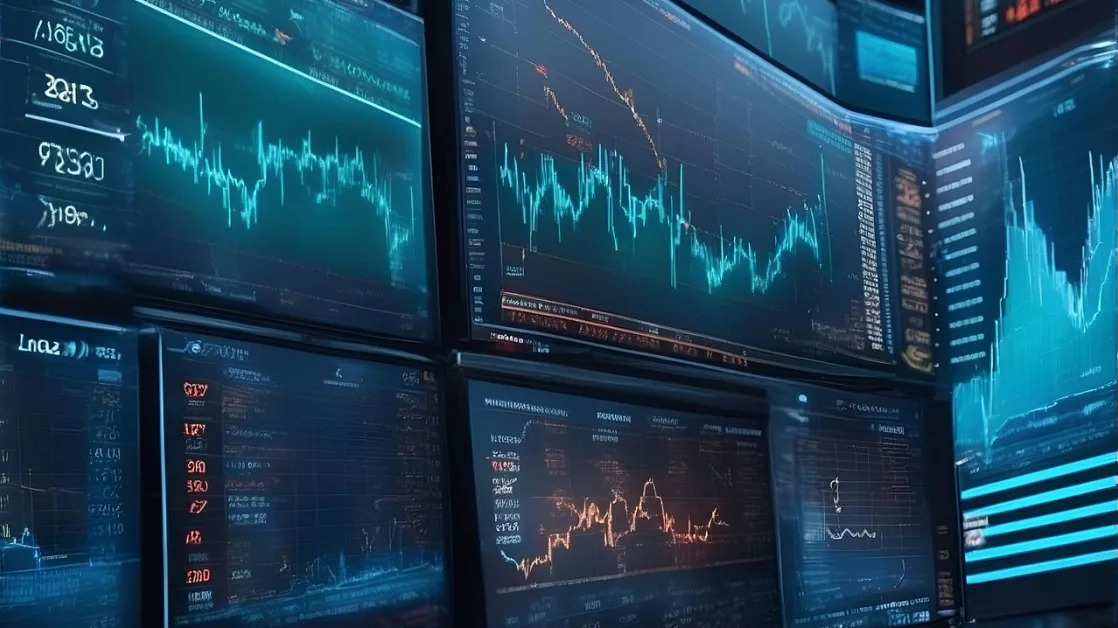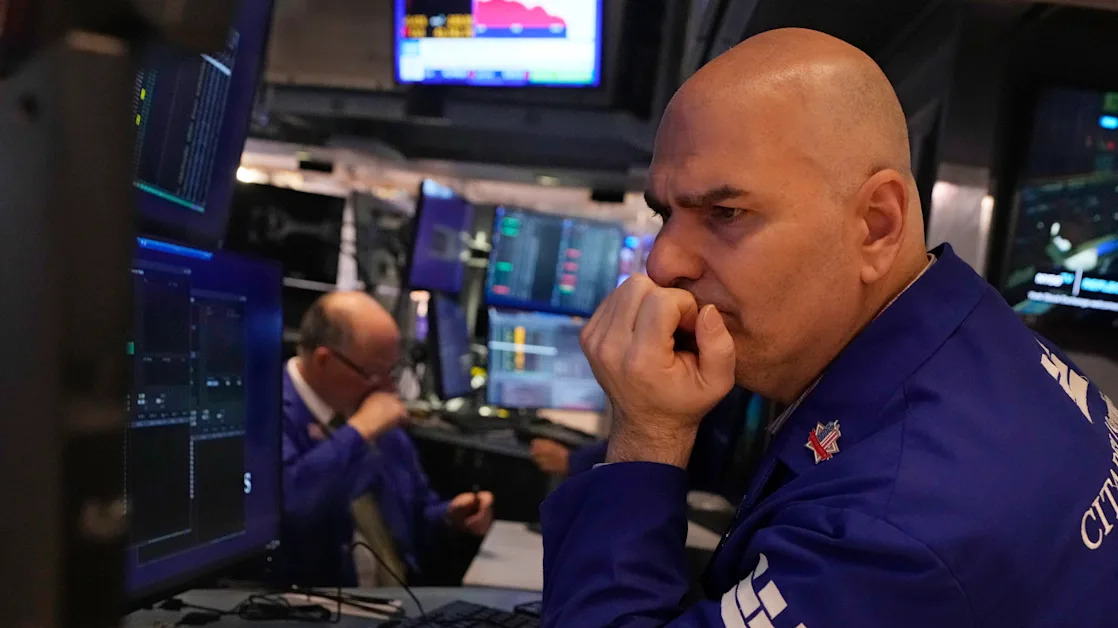(Bloomberg) -- A heavy discount continues to plague French assets and Prime Minister Francois Bayrou’s attempt to tackle the ongoing political crisis has been far from enough to bring investors back. Their return requires a concrete plan to slash the country’s gaping budget deficit.
French assets never recovered from the hit sustained over six months ago, when President Emmanuel Macron called snap elections. The CAC 40 stock index is underperforming several other major European benchmarks this year and the cost to insure debt against default is rising. The extra yield investors demand to hold French, not German, bonds is around 80 basis points — nearly twice as much as before the ballot. Meanwhile, trading activity on the French market has been sharply lower since August.
“There has been a sword of Damocles hanging over French stocks,” said Vincent Juvyns, global market strategist at JPMorgan Asset Management. Markets are asking for action on the deficit and it’s “urgent for the CAC 40 and for Europe to lift these uncertainties and to move forward on budgetary reforms” while also restoring competitiveness, he said.
Juvyns sees a “very likely scenario” of new elections in July and says the current 80 basis points spread between French and German yields is relatively low given the budgetary situation and political deadlock. “Many observers are saying to themselves that ultimately 100 basis points is a more logical level given the situation,” he added.
Fresh announcements from Bayrou targeting a 2025 budget deficit of 5.4% of gross domestic product, a bit higher than the previous administration’s deficit plan, has been moderately welcome by markets. Bayrou plans to keep the target of reducing the deficit to the European Union’s 3% guideline by 2029 but investors are clearly in doubt. Meanwhile, he will face a vote of no-confidence later Thursday, which his government is likely to survive, and has been actively negotiating with parties to avoid the same fate as his predecessor as more ballots are expected in the coming weeks.
The tough past few months have not changed valuations much for blue chips whose earnings growth is also weak, with the CAC 40 trading pretty much in line with long-term averages at a forward price-to-earnings ratio of 13.5, and in line with the broader benchmark Stoxx Europe 600. By contrast, a Goldman Sachs Group Inc. basket of domestically-exposed French stocks is now trading below 8 times forward earnings, the lowest in over two years.
“Stocks that are exposed to the French economy are excessively cheap, but as long as we have high political risk it is pointless to buy them,” said Arnaud Girod, head of economics and cross-asset strategy at Kepler Cheuvreux in Paris. “The rest of the French stock market is dominated by luxury shares on which we are neutral given the trade war narrative.”
Investors have treated all French stocks quite similarly. The country’s CAC 40, while not really exposed to France with just 15% of revenue generated within the country, has underperformed with yield spreads. And the CAC may have other problems on top of French politics, as it is heavily dependent on an uncertain global economic growth, as well as Chinese demand that has been subdued. Consumer discretionary and industrials account for more than 50% of the benchmark. Luxury and cosmetics make up about 20% of the CAC through LVMH, Hermes International, Kering SA and L’Oreal SA. Still, there might be a silver lining for French luxury stocks after Swiss peer Richemont beat estimates this morning.
“There has been a real under-performance of French equities since the start of the year and their risk discounts remains, but we don’t expect it to increase unless a new political crisis arises,” said Benjamin Melman, chief investment officer at Edmond de Rothschild Asset Management. “There is a change in strategy compared to the previous government which can provide a certain sustainability, a longer life expectancy so to speak. That said, visibility remains very low.”
--With assistance from Jan-Patrick Barnert.





